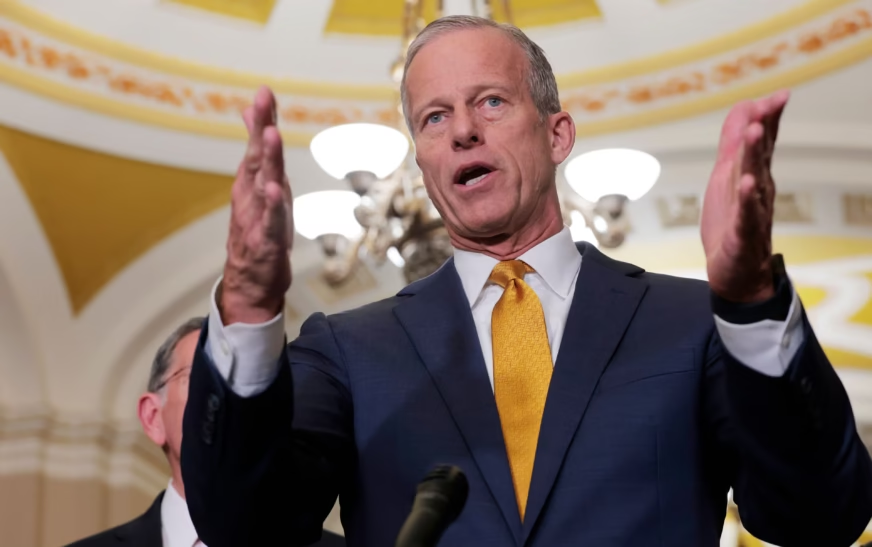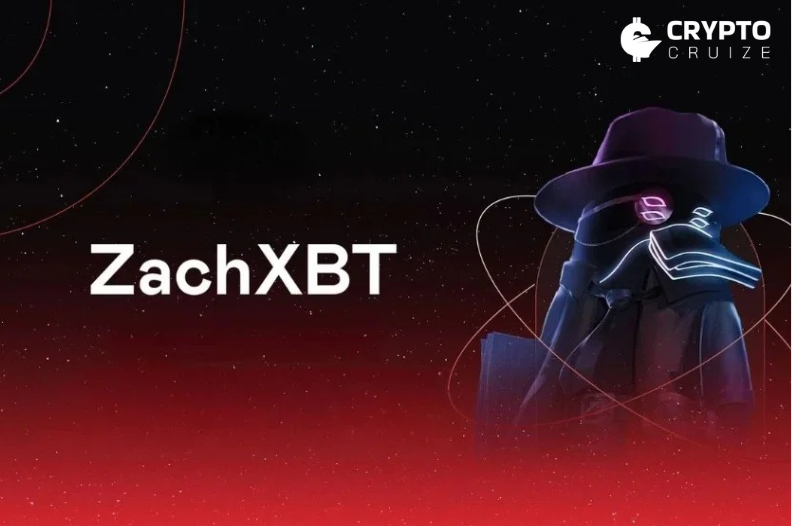As U.S. lawmakers scramble to regulate crypto in 2025, a pivotal piece of legislation—the Guiding and Establishing National Innovation for U.S. Stablecoins (GENIUS) Act—has hit an unexpected snag in the Senate. But despite a failed vote, political insiders and stakeholders say this bill isn’t dead—it’s simply delayed.

With a bipartisan push behind stablecoin regulation and the market structure bill looming next, all eyes remain fixed on Capitol Hill. Here’s what happened, why it matters, and what lies ahead for crypto policy in the U.S.
The Bigger Picture: Why Stablecoin Regulation Matters
Cryptocurrency remains one of the few bipartisan priorities in Washington this year. The GENIUS Act—aimed at creating a clear legal framework for stablecoins—was widely expected to be the easier of two key bills, the other being a broader crypto market structure overhaul.

Unlike the market structure bill, which would redefine the roles of the Commodity Futures Trading Commission (CFTC) and the Securities and Exchange Commission (SEC), the GENIUS Act has a narrower scope. It targets the stablecoin sector, seeking to ensure financial soundness, improve anti-money laundering compliance, and formalise standards for domestic and foreign issuers.
The bill had been progressing relatively smoothly, backed by both Republicans and centrist Democrats, until last week’s failed Senate vote. This surprise disruption has injected uncertainty into a process that was aiming for legislative clarity before Congress’s August recess.
What Went Wrong in the Senate?
The cloture vote on the GENIUS Act—required to begin 30 hours of debate—failed 48–49 on Thursday. Notably, this wasn’t a strictly partisan breakdown. While no Democrats voted in favour, Republican Senators Josh Hawley and Rand Paul joined the opposition. Senate Majority Leader John Thune initially voted “yes” but reversed his vote in a procedural move allowing the bill to be reintroduced.

The opposition from Democrats stemmed largely from concerns about national security, financial system stability, and accountability provisions. Their demands include stronger restrictions on conflicts of interest, particularly in light of President Donald Trump‘s alleged financial ties to stablecoins.
These concerns culminated in the proposed “End Crypto Corruption Act,” a separate bill that would bar elected officials, including the president, from sponsoring or issuing digital assets. While it’s unlikely this measure will be integrated into the final GENIUS Act, Democrats sought a vote on it—either as an amendment or standalone legislation—before advancing to a debate on the stablecoin bill. That vote never happened, leading to the cloture failure.
Adding to the chaos, there was reportedly no finalised bill text available when the vote commenced, a procedural oversight that caused unease among lawmakers.
What’s Next: Deal-Making and a Potential Vote
Despite the setback, negotiations are already back in full swing. Sources close to the matter suggest the Senate may vote again as early as Monday. Lawmakers are reportedly hashing out a compromise that could grant Democrats a vote on the End Crypto Corruption Act—either separately or alongside the GENIUS Act.

The next steps will likely include renewed attempts to pass cloture and open formal debate. According to insiders, once a senator votes to open debate, it becomes politically difficult to backtrack, raising the stakes for the initial procedural hurdle.
Democrats are also pushing for stronger anti-money laundering (AML) language and clearer rules for foreign stablecoin issuers, two sticking points still under discussion.
While most involved agree that a clause outright banning presidents or their families from involvement in crypto issuance won’t make the final bill, these issues continue to shape the broader narrative of accountability and transparency in U.S. crypto regulation.
Ripple Effect: What This Means for the Market Structure Bill
The GENIUS Act’s fate directly impacts the momentum behind the upcoming crypto market structure bill—arguably the more consequential legislation. This broader bill will redefine how the U.S. regulates digital assets, including whether certain cryptocurrencies are classified as securities or commodities.
A discussion draft of the market structure bill has already been introduced in the House. However, delays in the Senate’s progress on the GENIUS Act could spill over and hinder legislative movement on this front.
Still, lawmakers remain cautiously optimistic. If the Senate votes on the stablecoin bill within the next week or so, insiders say it should not significantly delay the larger market structure effort. However, any further stalling could throw both bills off the timeline for passage before the August recess—effectively punting them into a politically volatile election season.




















































